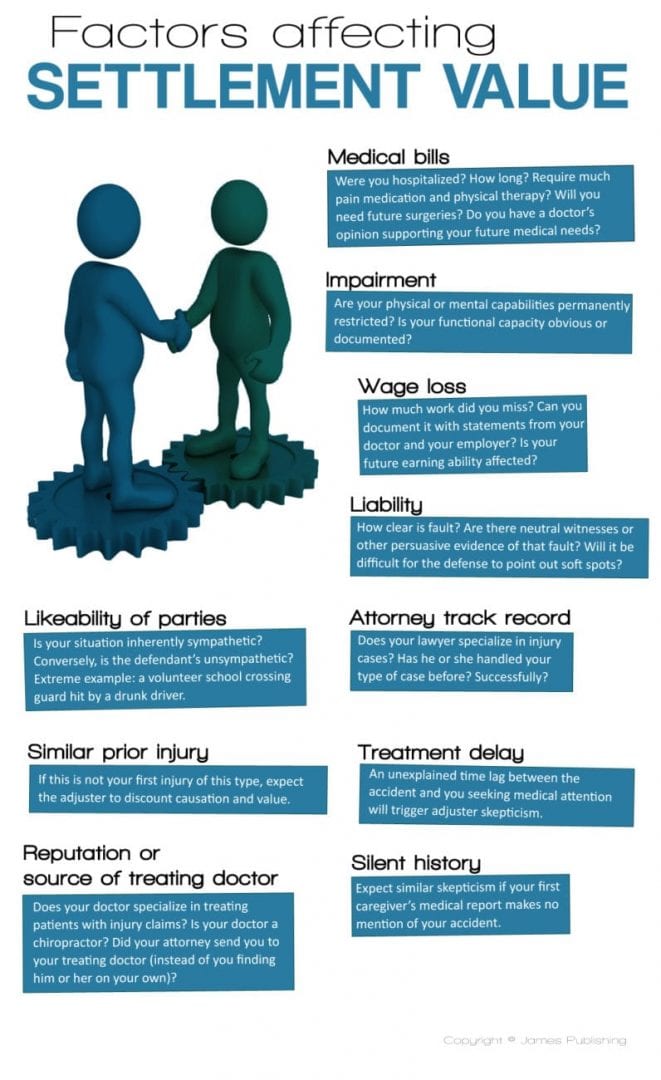Landlord-Tenant Legislation: A Real Estate Legal Representative'S Overview
Landlord-Tenant Legislation: A Real Estate Legal Representative'S Overview
Blog Article
Material Composed By-Lambertsen Mosegaard
When it pertains to landlord-tenant regulation, understanding your rights and duties is important for both celebrations. You could believe you have a solid understanding on the basics, yet there are frequently nuances that can catch you unsuspecting. Whether you're a proprietor managing a residential or commercial property or an occupant searching for a secure home, comprehending the lawful landscape can make all the distinction. What might stun you are the intricacies involved in navigating conflicts and expulsion procedures.
Understanding Lessee Legal Rights and Responsibilities
When you rent out a residential or commercial property, it's critical to comprehend your rights and duties as a lessee. You have the right to a secure and habitable living setting, suggesting your property manager should preserve vital solutions like heating, pipes, and electrical energy.
You're likewise qualified to privacy; property managers normally require to offer notification prior to entering your device.
On the other side, you are in charge of paying lease on schedule, keeping the property clean, and not causing damage past normal damage.
Acquaint yourself with your lease arrangement, as it outlines details rules and commitments. Being aware of these facets not only secures you however also cultivates a favorable partnership with your property owner.
Keep notified, and your input here browse your occupancy better.
Trick Landlord Responsibilities and Legal Considerations
While you may understand your legal rights as a lessee, it's just as essential to recognize your property manager's commitments.
Landlords should give a secure and habitable living setting, ensuring that vital systems like heating, pipes, and electrical power are in functioning order. They're additionally responsible for making necessary repair work without delay and adhering to neighborhood building regulations.
Furthermore, proprietors should appreciate your personal privacy by providing proper notice before entering your system, generally 24-hour. They need to take care of security deposits according to state legislations, including returning them quickly after you vacate, minus any kind of authorized deductions.
Recognizing these obligations can help you keep a positive partnership with your proprietor and guarantee your living scenario meets legal standards.
Navigating Disagreements and Expulsion Procedures
Conflicts in between property managers and renters can occur unexpectedly, making it critical for you to recognize the processes involved in fixing them.
Initially, interaction is vital-- try to go over issues directly to locate a concession. If that stops working, acquaint yourself with your regional regulations pertaining to disagreements and eviction. File every little thing: keep documents of interactions, settlements, and any kind of offenses.
If eviction comes to be necessary, ensure you adhere to the legal steps called for in your area, which typically consists of giving composed notice and a certain timeframe for resolution.
Be prepared to visit property lawyer if the situation escalates, as it may be your only recourse. Recognizing these processes will certainly help you navigate disagreements better and shield your civil liberties as either a property manager or occupant.
Final thought
In recap, understanding landlord-tenant law is vital for both parties involved in a rental contract. By knowing your civil liberties and responsibilities, you can foster a much better living environment and prevent problems. If disputes occur, remember that a real estate attorney can aid direct you with the complexities of expulsion procedures and lawful obligations. Staying notified and https://www.realtor.com/news/trends/where-are-big-investors-buying-the-most-homes/ will guarantee a smoother rental experience, whether you're a landlord or a lessee.
